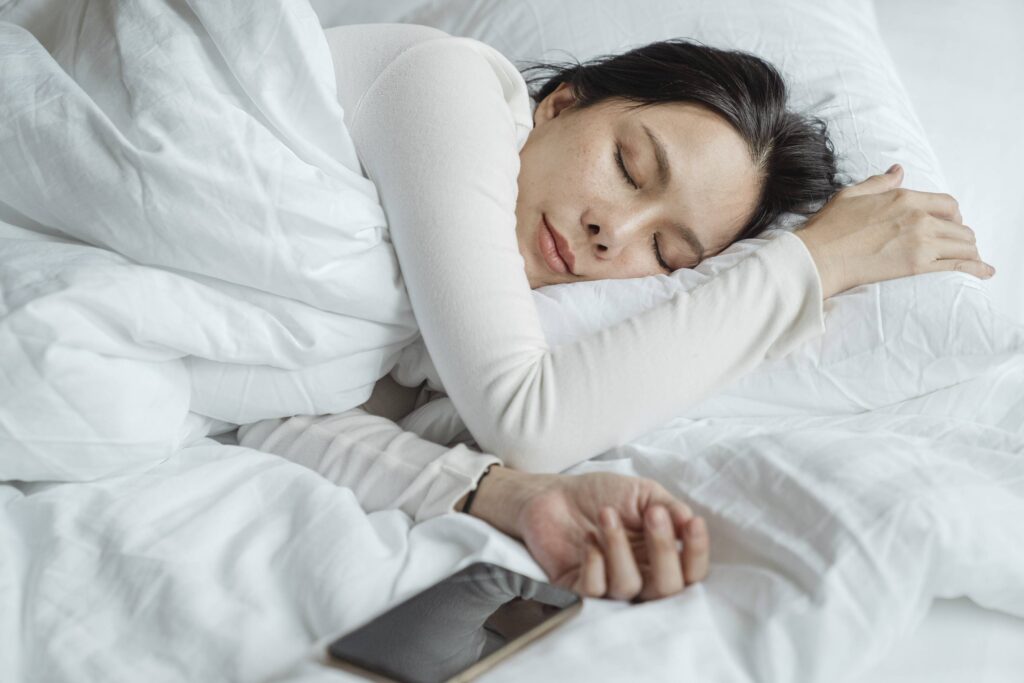CBD, short for cannabidiol, is a non-psychoactive compound found in the cannabis plant that has gained popularity in recent years for its potential health benefits, including its ability to help with sleep. But does CBD actually help with sleep? In this blog post, we will explore the research on CBD and sleep and what it means for those seeking better sleep.
First, it’s important to understand how CBD works in the body. CBD interacts with the body’s endocannabinoid system (ECS), which plays a role in regulating a range of functions, including sleep, mood, appetite, and pain sensation. The ECS includes two types of receptors: CB1 receptors, which are primarily located in the brain and central nervous system, and CB2 receptors, which are primarily found in the immune system and peripheral tissues.
Research has shown that CBD may help improve sleep by interacting with both CB1 and CB2 receptors in the body. In a 2019 study published in The Permanente Journal, researchers found that 67% of participants who took 25 mg of CBD per day for a month reported improved sleep, with the majority of participants experiencing improved sleep within the first month of taking CBD. Additionally, the study found that CBD was well-tolerated by the participants, with few side effects reported.
Another study published in the Journal of Clinical Psychopharmacology found that CBD may help reduce anxiety in people with insomnia, which can lead to better sleep. The study found that participants who took 160 mg of CBD reported improved sleep quality and duration, as well as reduced anxiety.
However, it’s important to note that more research is needed to fully understand the effects of CBD on sleep, including the optimal dosage and method of administration (e.g. oral, sublingual, or inhalation). Additionally, the effects of CBD on sleep may vary depending on individual factors such as the underlying cause of sleep problems and the severity of sleep disturbances.
It’s also worth noting that CBD products are not regulated by the FDA, and the quality and potency of CBD products can vary widely. It’s important to do your research and choose high-quality CBD products from reputable companies.
In conclusion, while more research is needed, the current evidence suggests that CBD may be helpful in improving sleep. If you are considering using CBD for sleep, it’s important to talk to your healthcare provider and do your research to ensure that you are using a safe and effective product. Additionally, it’s important to address any underlying sleep issues and make lifestyle changes to improve sleep hygiene, such as avoiding caffeine and electronics before bedtime and establishing a regular sleep schedule.


